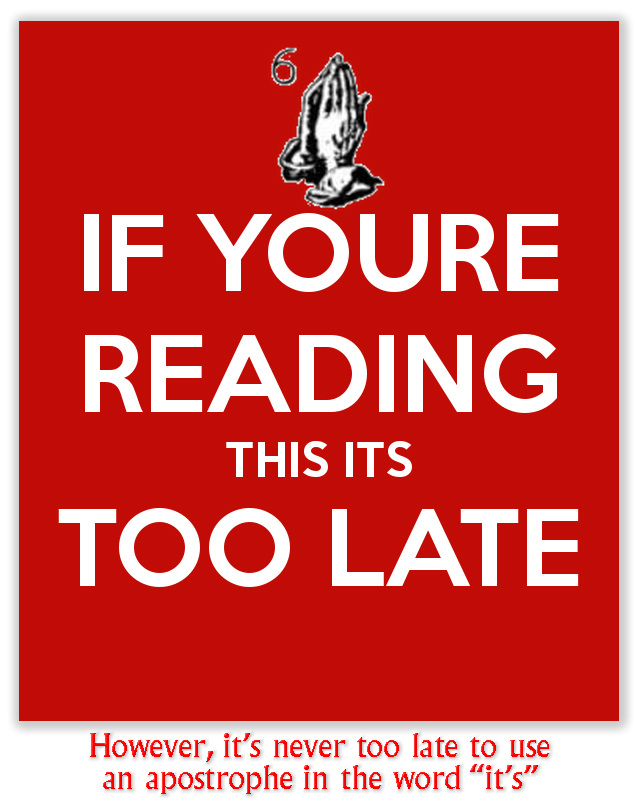We post news and comment on federal criminal justice issues, focused primarily on trial and post-conviction matters, legislative initiatives, and sentencing issues.
SOMETIMES IT HAPPENS TO THE BAD GUYS, TOO
Eric Kelb was charged with the destruction of property on United States land, for trying to steal copper wire from an electrical circuit box. The copper wire was carrying electricity at the time, and Eric’s friend was toasted.
Eric filed a motion to suppress, which the district court granted. The government moved for reconsideration, but did so after the 30-day deadline. The district court rejected it as untimely, and the government appealed.
 Last week, the 3rd Circuit held it lacked jurisdiction to hear the appeal, because the government’s failure to file a timely petition for reconsideration let the district court’s suppression order become final. The 30-day deadline for the government to appeal, set by Federal Rule of Appellate Procedure 4(b)(1)(B) is jurisdictional, the Circuit ruled, meaning that blowing the deadline was an error that could not be fixed. Here, the 30-day deadline to file a notice of appeal passed while the government was pursuing its untimely reconsideration.
Last week, the 3rd Circuit held it lacked jurisdiction to hear the appeal, because the government’s failure to file a timely petition for reconsideration let the district court’s suppression order become final. The 30-day deadline for the government to appeal, set by Federal Rule of Appellate Procedure 4(b)(1)(B) is jurisdictional, the Circuit ruled, meaning that blowing the deadline was an error that could not be fixed. Here, the 30-day deadline to file a notice of appeal passed while the government was pursuing its untimely reconsideration.
The government argued equitable considerations should toll its late filing, but the Circuit held that equitable tolling does not apply to a jurisdictional deadline.
United States v. Kelb, Case No. 17-1333 (3rd Cir. May 31, 2018)
– Thomas L. Root

